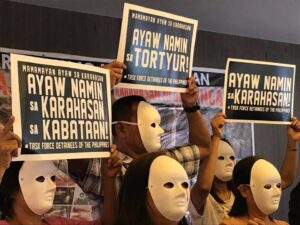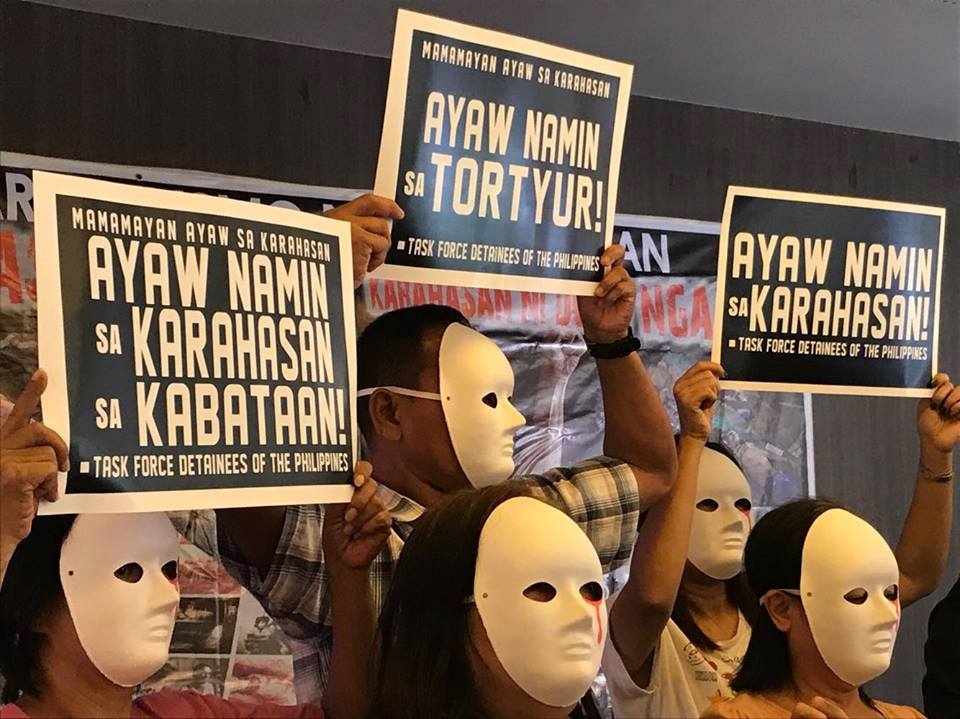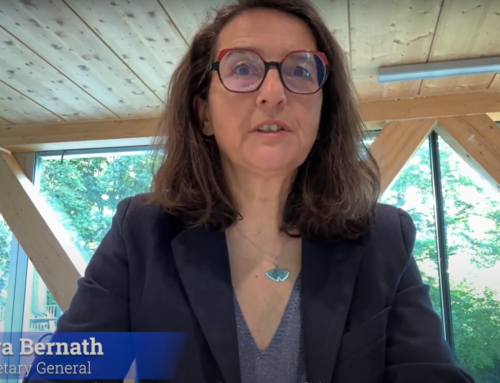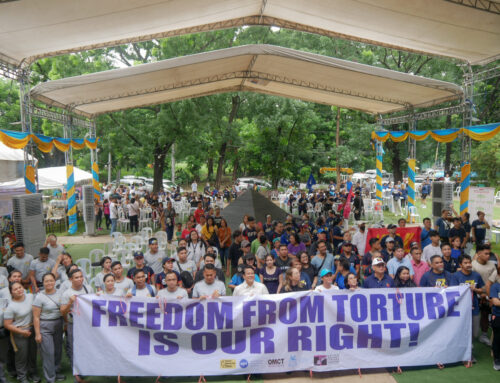
Introduction
The Republic Act No. 9745, also known as the “Anti-Torture Act of 2009,” is a landmark piece of legislation in the Philippines aimed at preventing and addressing acts of torture and other cruel, inhuman, or degrading treatment or punishment.
Complementing this act is the National Preventive Mechanism (NPM), is part which, though not yet established, is long overdue. The Philippines became a State party to the Optional Protocol to the Convention Against Torture and Other Cruel, Inhuman or Degrading Treatment or Punishment (OPCAT) in 2012. However, it is notably overdue in establishing NPM as required by the OPCAT. In its report, the UN Subcommittee on the Prevention of Torture and other Cruel, Inhuman or Degrading Treatment or Punishment (SPT) concluded its second visit from 3 to 14 December 2023 to the Philippines by calling for the urgent legislation for establishment of the NPM.
Understanding R.A. 9745
Legislative Framework
The Anti-Torture Act criminalizes acts of torture, providing clear legal definitions and outlining penalties for offenders. It also mandates comprehensive measures for the rehabilitation of torture victims and the investigation and prosecution of torture cases.
This year, as we commemorate the fifteenth anniversary of the Anti-Torture Act of 2009 (Republic Act No. 9745), it’s a reminder that despite its enactment, the law still falls short in effectively preventing acts of torture in the Philippines. Fifteen years following the adoption of the Anti-Torture Law, the challenges encountered by human rights organizations, torture survivors, and their families in seeking justice for acts of torture and ill treatment persist significantly.
Key Provisions
- Definition and Scope: The law provides a detailed definition of torture, encompassing physical, mental, and psychological harm inflicted by public officials or persons acting in an official capacity.
- Prohibition and Penalties: R.A. 9745 categorically criminalizes torture and prescribes severe penalties for perpetrators, ensuring that those found guilty are held accountable. The command responsibility in the Anti-Torture Act of 2009 reinforces the accountability of superior officers for acts of torture committed by their subordinates. This provision aims to ensure that torture is systematically eradicated and that those in positions of authority are held accountable for their actions and omissions.
- Victim Support and Rehabilitation: The act mandates the provision of medical, psychological, and legal support for victims of torture, recognizing the need for comprehensive rehabilitation.
- Mechanisms for Reporting and Redress: It establishes procedures for victims and witnesses to report incidents of torture and seek redress, ensuring that their rights are upheld. The oversight committee is tasked with overseeing the implementation of the Anti-Torture Act, ensuring that the law’s provisions are followed, and addressing any issues related to the prevention and punishment of torture.
The Role and Importance of the National Preventive Mechanism (NPM)
State Obligation and Establishment
Despite the Philippines ratifying the Optional Protocol to the Convention Against Torture (OPCAT) in 2012, the NPM has yet to be established. The creation of the NPM is long overdue, representing a critical step in fulfilling the country’s international obligations and strengthening its human rights framework.
Aims and Functions
- Prevention of Torture: The primary aim of the NPM is to prevent torture and other ill-treatment through regular inspections and monitoring of detention facilities.
- Regular Inspections: The NPM is tasked with conducting unannounced visits to places of detention, including police stations, prisons, and mental health institutions, to assess conditions and treatment of detainees.
- Monitoring and Reporting: It monitors the implementation of anti-torture measures and reports its findings to relevant authorities, recommending necessary improvements.
- Mechanism for Cooperation: The NPM serves as a mechanism for cooperation among various stakeholders, including the Commission on Human Rights (CHR), non-governmental organizations (NGOs), and international bodies, enhancing the protection of detainees.
- Advocacy and Awareness: The NPM plays a crucial role in raising awareness about the rights of detainees and the prohibition of torture, engaging with civil society and governmental bodies.
The Impact and Importance
Promoting Human Rights
The combined efforts of R.A. 9745 and the establishment of the NPM are essential for promoting and protecting human rights in the Philippines. By criminalizing torture and providing a framework for its prevention, the law underscores the country’s commitment to uphold human dignity and justice.
Enhancing Accountability
The law and the future NPM work together to ensure accountability for acts of torture. Perpetrators are held responsible, and systemic issues within detention facilities are addressed, fostering a culture of transparency and respect for the rule of law.
Supporting Victims
Through provisions for rehabilitation and support, R.A. 9745 acknowledges the long-term impact of torture on victims and takes steps to facilitate their recovery and reintegration into society.
Conclusion
R.A. 9745 and the establishment of the National Preventive Mechanism represent critical advancements in the Philippines’ efforts to combat torture and uphold human rights. Their implementation not only fulfills international obligations but also serves as a testament to the country’s dedication to promoting justice and human dignity. By establishing the NPM, the Philippines can ensure that the abhorrent practice of torture is eradicated, and the rights of all individuals are respected and protected.
——————
Call to Action
🏃♂️🏃♀️ Basta Run Against Torture (BRAT) is back for its 14th year! Join the United Against Torture Coalition Philippines (UATC) and the Commission on Human Rights Philippines (CHR) from June 8 to June 26 as we unite our voices against torture.
On June 26, 2024, let’s stand with the international community to commemorate the UN Day in Support of Victims of Torture. This year’s theme: “Freedom from Torture is our Right.” Together, we can make a difference.
Join us and be part of the change:
Event Date: June 26, 2024
Theme: Freedom from Torture is our Right
Hashtags: #FreedomFromTortureIsOurRight #EndTorture #BRAT2024 #SafeInCustody
Follow the event highlights and updates:
Be part of the movement! Together, we can ensure the safety and dignity of all individuals.






